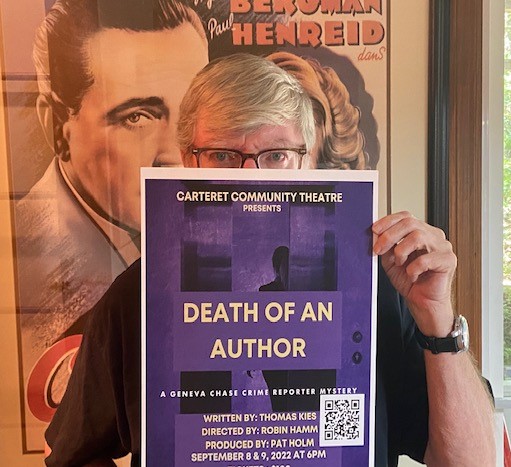Neil Sedaka once wrote a song called 'One More Mountain to Climb', which was a quasi-spiritual about overcoming obstacles - not just the eponymous mountain but also rivers to cross.
Frankly, I think it could be may anthem of many authors toiling to reach the end of the first complete draft of a new book, for there always seem to be pinnacles and torrents a-plenty between them and those two magic words, The End.
 |
| Here's a mountain. I have actually walked up that one. No pitons, ropes or those spiky shoes for me. (It's Schiehallion in Perthshire, by the way. Ain't it purty?) |
I envy those writers who tell the world that they merely sit at their keyboard and ascend that peak as though, to quote Rooster Cogburn in 'True Grit', it was no grade at all. Then there are those who appear to produce a new title every two months or so. It all must be a slight upward incline to them.
You may have gathered I am currently climbing yonder mountain, believing I have one more face to traverse before I can plant my flag on the summit, only to find myself clinging by my fingertips from a fissure like Sly Stallone in 'Cliffhanger.'
(Okay, that's enough mountain climbing allusions. Stop it, and stop it now - admin)
When I began I thought I'd perhaps finally do a book of about 90 thousand words. Then it was amended to 95k. I passed that milestone and mentally promised to do 100k.
I am now at 105k and counting.
To paraphrase Douglas Adams talking about deadlines, I like word limits. I like the sound they make when I pass them by.
Luckily, the contract does not dictate a word count.
As you can tell, stringing the words together is not my problem (in this instance). My problem is that bringing this story to an end is proving elusive. I see it flirting with me in the distance but when I reach the point last seen, it has skipped away with a coquettish giggle.
I do wonder if I have too much plot in this one. There does seem to be a great deal going on, although the actual solution to the mystery is straightforward. But then, that's what we do, isn't it? Make the simple appear more complex than it actually is. A bit like filling in any kind of official form, especially an application for creative grants.
However, I am within a whisper's distance of the end now, I can feel it. Of course, I still have work to do after that, because I have to ensure that the plot, complex though it is, makes sense. And that the misdirection is sufficiently opaque. And that I haven't repeated the same information twice. Or three times. OK, four. That I haven't changed the names of characters halfway through. And that the words I've strung together are in some semblance of order.
See?
Mountains to climb, rivers to cross...



















